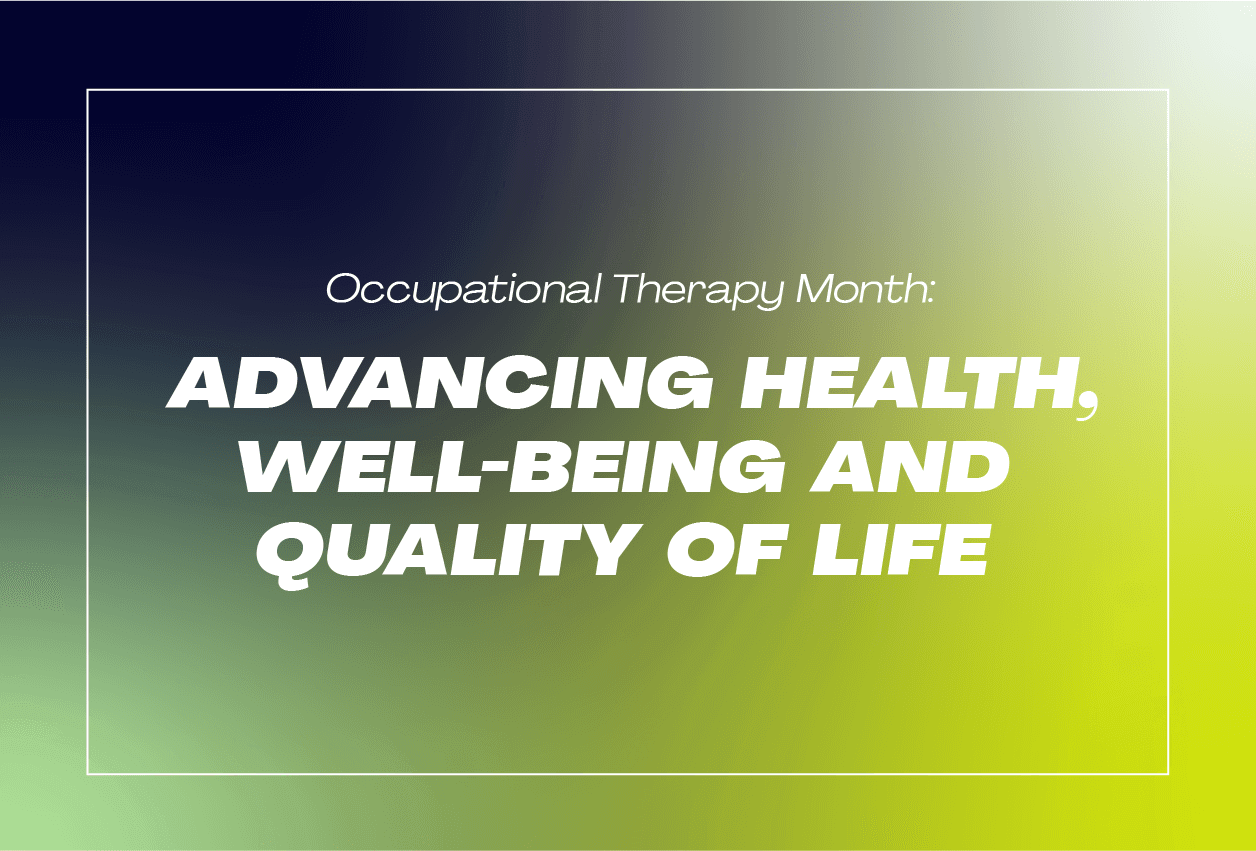By Rachel Lamb . 21/11/2019 · 4 Minute read
International Men’s Day may be over, but it’s important to keep raising awareness of men’s issues. One issue that seems to be on the rise amongst men in the UK, particularly over the age of 50, is Prostate Cancer.
We thought, why don’t we start the conversation and spread the importance of International Men’s Day with a little health check?
After all, we do work in healthcare.
What is it?
For those who aren’t aware, the prostate is a small gland found in a male’s body and surrounds the tube that carries urine (wee) out of the body, also known as the urethra. Their purpose is to help make semen, the fluid that carries sperm, and even though it maybe the size of a walnut, it does grow the older you are.
1 in 8 men are diagnosed
The older you get, the bigger the walnut (prostate) becomes, the more chances you have of obtaining prostate cancer. It’s the most common cancer amongst men in the UK, and with 1 in 8 men becoming diagnosed with Prostate Cancer in their lifetime, we’d advise you to read the below, check yourself and visit your local GP if you think you need to.
Does it affect me?
It affects:
- Men
- Trans women
- Non-binary people who were assigned male at birth
- A few intersex people
What if I fit into one of those categories?
You’re at risk, but you also need to tick one of the options below:
- Age: Males over the age of 50 are at a higher risk of prostate cancer
- Race: Most commonly found in black males, white males are in second place, and asian males are the least affected
- Family History: If any of your family have been affected by prostate cancer, you’re 2/3 times more likely to have prostate cancer. The younger your relatives were when they had prostate cancer; the higher your chances are too. Prostate cancer also seems to appear in families with a history of breast cancer
- Diet: Higher risk for men who eat high- fat diets
If I said yes to both, does this mean I have prostate cancer?
Not in the slightest, you’re just at a higher risk of getting prostate cancer. Here are a few symptoms of prostate cancer you need to be aware of:
- Trouble passing urine and frequency in needing to wee (especially at night)
- Pain or a burning sensation when you’re passing urine
- Weak or interrupted urine stream
- Painful ejaculation
- Blood in the urine or semen
Remember we mentioned the prostate grows as you get older? Even though these are symptoms that can suggest prostate cancer, you could be experiencing prostate enlargement. The only way to know for sure, is if you visit your local GP!
What should I do?
Visit your local GP and explain your symptoms to the doctor or nurse, who will advise you on a series of tests you can take, such as:
- Urine sample
- PSA testing (blood sample)
- Digital rectal examination
He/ she will also ask about your age, family history and ethnic group to see if you are eligible for getting prostate cancer.
Don’t worry; you’re in safe hands
Apart from being great at what they do, the doctor or nurse in charge of your appointment, knows how hard it can be for someone who identifies as male, or have male genitalia, to openly discuss their issues. The NHS is here to help. But more importantly, you are not alone.









